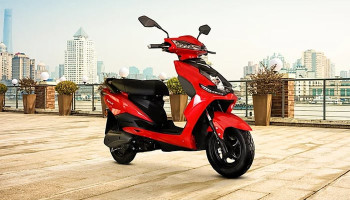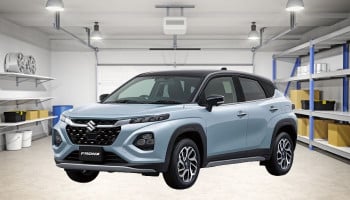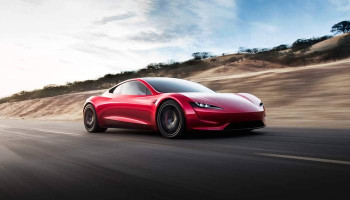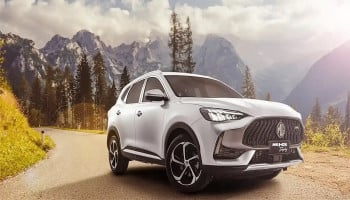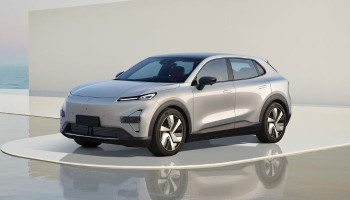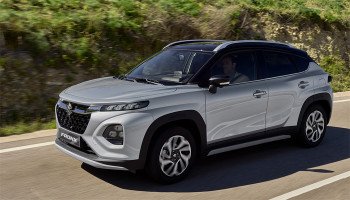
Pakistan’s auto industry is seeing a surge in new launches, with Chery Pakistan confirming plans to roll out three new SUVs — the Tiggo 7, Tiggo 8, and Tiggo 9 — this week.
Terming this development as a turning point for Pakistan's car market PakWheels Co-Founder Suneel Sarfraz Munj highlighted how more global brands are now investing locally. His post quickly went viral, drawing both excitement and skepticism from consumers.
Tiggo 7
The Tiggo 7 is equipped with a turbocharged 1.6-litre petrol engine, capable of 145 kW and 290 Nm of torque, allowing for an estimated 0-100 km/h in just over 8.3 seconds.
The interior has a wealth of tech, with twin 12.3-inch displays, a panoramic sunroof, and a premium audio set-up. The Tiggo 7 adds modern styling and comfort to the competitive mid-sized SUV segment, and has features and good value to take it seriously for buyers.
Tiggo 8
The Tiggo 8 scales up as a larger 7-seater SUV that aims to combine extra space with tech. The features include a panoramic sunroof, voice-activated controls, and a plug-in hybrid (PHEV) version with an 18.3 kWh battery that makes long journeys easier.
With extra seating and a range of cutting-edge powertrains, the Tiggo 8 is meant for families that desire added space and a modern driving environment as the SUV sector continues to grow in Pakistan.
Tiggo 9
Positioned at the upper end of the range, the Tiggo 9 aspires to be a premium vehicle. It comes standard with a 2.0-litre turbocharged engine that produces 261 hp and 400 Nm, and if a customer gets the PHEV variant that rises to 416 hp with a 34.46 kWh battery that can complete 146 km on electric-only mode.
It also comes packed with high-end features, panoramic sunroof, dual 12.3-inch screens, full-speed adaptive cruise control and premium Sony audio — making it a strong contender in Pakistan’s premium SUV category.
Although new SUVs, like those produced by Chery, offer increased selection and advanced features, the affordability challenge for most in Pakistan remains a significant obstacle.
Prices for future models are slated to exceed Rs7 million (US$25,000), making these vehicles available to only a small segment of buyers.
Analysts suggest that while Pakistan’s car market is growing, it is not growing evenly. Affordable cars falling into the Rs2.5–4 million range have all but disappeared from the car market, leaving middle-class buyers behind.
Industry experts agree that this disconnect is constraining genuine growth of the market even as increased numbers of foreign auto manufacturers are entering Pakistan.





